Beards are having a major moment. In fact, everyone from Ryan Gosling and Ryan Reynolds to Justin Timberlake and Jonah Hill strolled recent red carpets with facial hair, prompting PopSugar to proclaim that the Golden Globes “overflowed with hot bearded men”, while Jon Hamm declared the event a “Beard Parade.”
Unfortunately, many would-be hirsute men hesitate to grow beards of their own because they’re worried about beard itch. Wondering what causes this phenomenon and if there’s anything that can be done to avoid the problem? Here’s a closer look at everything you’ve always wanted to know about beard itch.
Stop beard itch -- and get a more kissable face -- by using the right products.
About Beard Itch
While the term beard itch may be an all-encompassing one, there are several different reasons why beards itch. Understanding the particular causes can help you manage the problem and achieve a healthy bearded look.
One of the most common causes of beard itch is hair growth. As new follicles start to emerge after shaving, they can cut into the skin, causing tiny serrations. Amplified over the entire face, these hundreds of thousands of tiny cuts often add up to major irritation and itching. Unfortunately, if your beard continues to grow, you can expect to continue to experience itching as your beard progresses through new growth levels.
A second cause of beard itch is dead skin cells which flake off your face and hide in the shelter of your beard. Also known as “beard dandruff,” this condition is caused by everything from changes in the weather to stress to yeast which thrives in dark conditions. Think you can just wait it out? Think again. Dandruff and beard itch both get worse if left untreated.
In some cases, beard itch can also be caused by infections of the hair follicles. Bacteria can cause an itchy condition known as folliculitis barbae, while a fungus can cause tinea barbae, a skin infection which forms around the beard causing scaly, red, inflamed skin and even hair loss.
Managing Beard Itch
There are a few simple things you can do to minimize beard itch. For starters, avoid shaving against the grain, keep the area clean and dry, and make sure to regularly change or clean your razor. Also, refrain from sharing towels with others in order to prevent infection from spreading between members of your household.
While maintaining a clean beard is important, routinely washing your face may not cure your beard itch, especially if you’re using regular shampoo. Why? Because regular shampoos are designed to be used on the scalp, not on particularly sensitive facial skin. Instead of alleviating your itching problem, shampoo causes it to worsen. The takeaway? Using the right products is essential to good skin health.
Are you washing your beard with the right products?
This is why it’s so important to use organic products engineered specifically for use on beards. Beard soaps, beard shampoos, beard oils, and beard balms keep the face clean and hydrated and your beard soft and supple, all without exposing skin to harsh ingredients.
Also keep in mind that oily, greasy skin products lead to oily, greasy skin. And speaking of oily, greasy skin, avoid stroking your beard, which can make facial hair even drier by stripping away what oil is there.
Here's an added benefit of using the right products. Your face won’t just get softer; your beard will, too. Many of these products are available in a variety of scents so your facial hair will smell as good as it looks. (And how many people can say that about their beards?)
One last thing to keep in mind? Especially stubborn cases of beard itch may require a visit to the doctor who may prescribe an antifungal medicine.
Ask any beard-o, and he’ll happily tell you that having a beard isn’t a statement, but a lifestyle. So what are you waiting for? Your best, itch-free beard ever is within your reach with the right beard oil and balm products.
